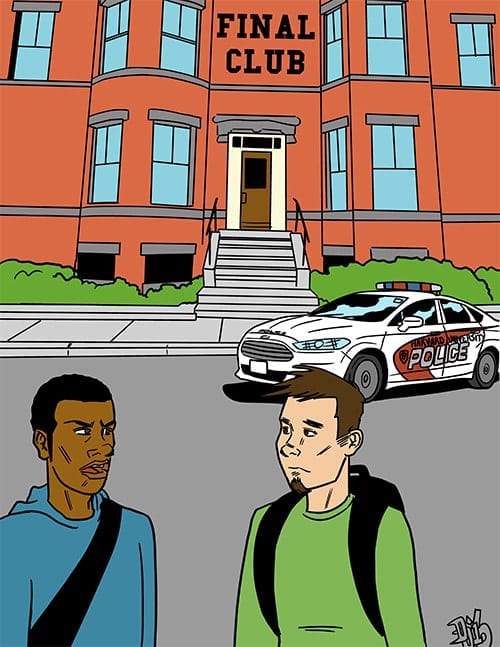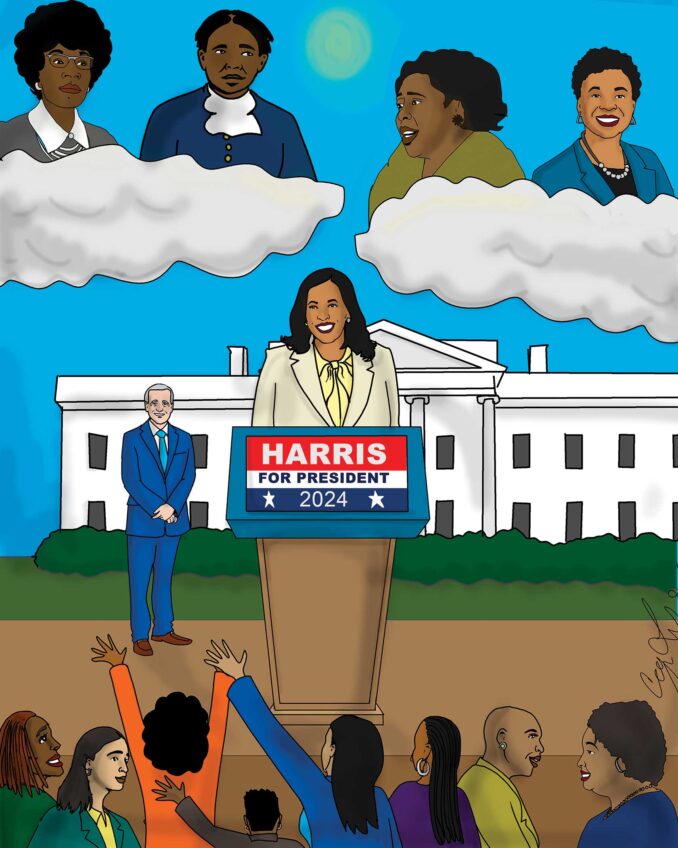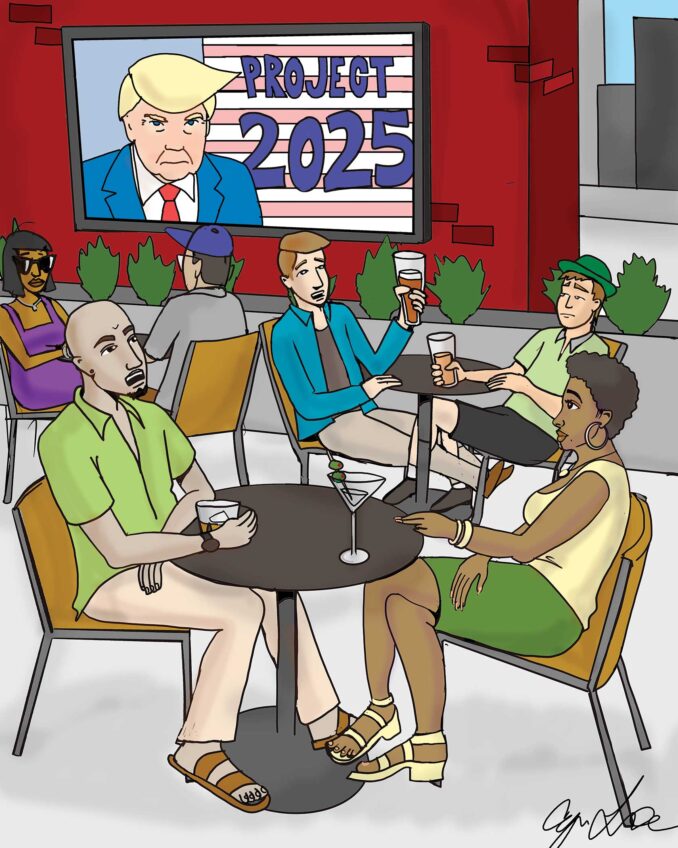
Since time immemorial, young men in human groups have organized special societies. Such organizations served to mark the attainment of maturity or the achievement of skills and responsibilities necessary for the success of adult males and the survival of the group. There was a recognition that the role and duties of the males would be different from those of the females, so such clubs were approved. However, the Harvard University administration has decided to penalize members of all-male final clubs.
Modern society has now been able to reduce the number of roles that are determined solely by gender, but there is still a strong predilection for young men to form clubs. When the objectives of the male clubs are socially significant they are usually encouraged.
However, the administration of Harvard University has decided to outlaw male clubs not because their conduct is especially delinquent, but only because they do not admit women as members. It is interesting to note that the administration was not so assertive when the so-called final clubs at Harvard would not admit black male students as members.
The university has every right to refuse to sanction fraternities or other organizations that seek official Harvard status. That policy prudently protects against damage to the University’s reputation from misbehavior committed elsewhere. However, the extension of that authority to historically Harvard institutions violates the cherished principle of free association.
Starting in the fall of 2017, Harvard will outlaw all single-sex student organizations. The offending list includes nine male final clubs, five women’s final clubs and nine sororities and fraternities. Two other formerly all-male clubs, Fox and Spee, have already voted to admit women. Defiance of the new Harvard rule would bar members from being captains of college sports teams and from obtaining the recommendation of deans for graduate school or prestigious honors such as the Rhodes or Marshall scholarships.
The male final clubs are a Harvard tradition, starting with the Porcellian Club in 1791. Each of the 11 historic all-male final clubs maintain their own clubhouse at private expense and develop by common consent their own rules of administration. The clubs select their members in the fall of students’ sophomore year primarily from among the promising graduates of the prestigious prep schools. As might be expected, most club members are from affluent and influential families.
Most of the students at Harvard are unconcerned about the final clubs. Certainly the Greater Boston African American community has little interest in the issue. However, the new Harvard policy is a good example of diversity gone wrong.
With the merger of Radcliffe and Harvard, the college became co-educational. Just like women at other co-ed schools, Harvard women organized single-sex clubs and sororities. These institutions apparently serve the students’ need because the women have vigorously opposed the new college policy. There has also been no reliable report that the male final clubs create a sexual hazard for co-eds, as has been suggested.
The administration also has failed to present persuasive evidence that a student’s experience at Harvard would reasonably be ruined by being passed over for membership in final clubs, or that post-graduate success in business or the professions would be damaged. Consequently, there is little justification for Harvard to preempt the student’s right of free association. The new policy could well create a negative attitude toward racial and gender diversity among some Harvard alumni.
African Americans still toiling for full equality throughout the nation should not be hampered by the negative implications of diversity that have been sown by Harvard’s ill-advised policy.






